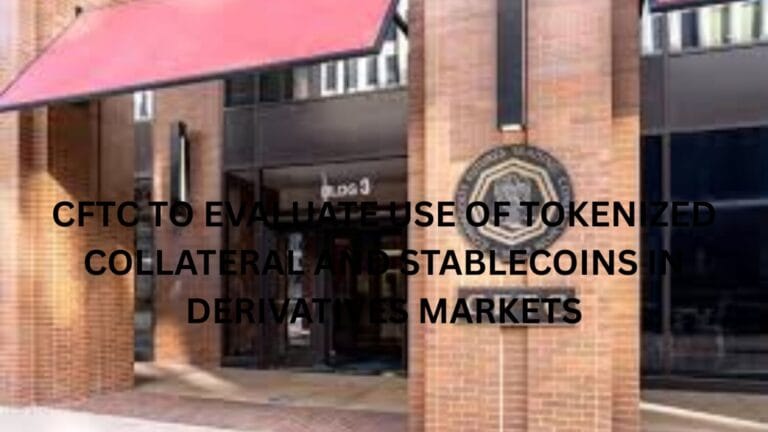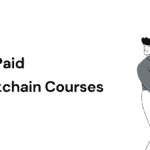Key Takeaways:
- NFTs comply with certain legislative formalities to be regarded as property, according to Justice Lee Seiu Kin’s decision on Friday.
- This decision was made by the judge to justify the injunction he issued in May prohibiting the possible sale of a Bored Ape NFT.
The High Court of the Republic of Singapore eventually decided that non-fungible tokens (“NFTs”) may be “considered property” and, thus, “be the subject of a proprietary injunction,” which is an interesting and unique judgement call that casts insight into the nature of non-fungible tokens (“NFTs”) and the relevance of current legislation to such comparatively newer technologies.
In order to prevent the sale and ownership transfer of a Bored Ape #2162 that had previously belonged to a Singaporean man named Janesh Rajkumar, the Singapore High Court handed down an injunction on May 13. The high court has recognised the NFT as an asset, making this injunction reportedly the first to be approved in Asia to safeguard an NFT.
He stressed that the request for an injunction was vital and that one of the parties was not obligated to appear in person at the court hearing, so he could not hear their arguments.
In order to be understood properly, Justice Lee said that his decision must be viewed in the context of an interlocutory application, which is a pre-trial demand for a court order, typically on procedural issues.
The NFT was used as collateral to secure a loan from an unidentified NFT collector called “chefpierre,” who isn’t present and isn’t represented in court documents. The claimant is attempting to reclaim the NFT.
The NFT was issued from escrow into “chefpierre’s” wallet as a result of “chefpierre” breaking the extension agreement and foreclosing on the loan, claims Singaporean law firm Withers KhattarWong.
After this incident, Justice Lee granted the claimant’s request to deliver court documents to “chefpierre” via Twitter, Discord, and his crypto wallet address.
Regarding some extra details, Judge Kin claims that he addressed the issue of whether stolen cryptocurrency assets, particularly the currencies Bitcoin and Ethereum, can lend credence to property rights and thus be the matter of a proprietary injunction in an earlier case.
The plaintiff demonstrated a substantial arguable situation that the stolen cryptocurrency assets were likely to lead to proprietary rights that could be guarded via a proprietary injunction.
NFTs were the topic of many hot discussions in Singapore at the beginning of this year. In early 2022, a series of non-fungible tokens sold for an astounding S$7.5 million within ten days in the country.










